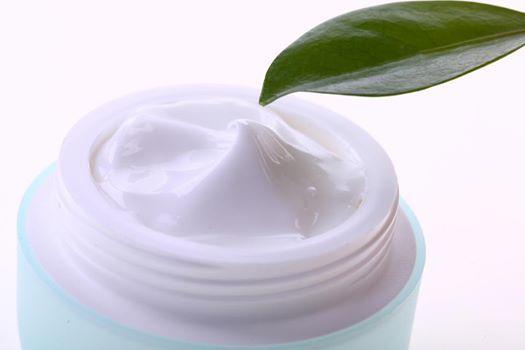In addition to hydroquinone, there are many products that have a certain degree of whitening effect. Let me introduce some of the most common ones.
Arbutin (C12H16O7) is often mistakenly believed to be extracted from the fruit that black bears eat. In fact, it is a component extracted from the leaves of the bearberry plant in the heath family. Its chemical composition is similar to that of hydroquinone and can inhibit the activity of tyrosinase, thus preventing the formation of melanin and having a whitening effect. Arbutin has two types: α and β. α-Arbutin is more commonly used because it has ten times the inhibitory power on the activity of tyrosinase than β-type.
Mequinol is closely related to hydroquinone and is usually used in conjunction with retinoic acid. It is a registered drug in the United States for the treatment of chloasma, but it is not registered in Hong Kong.
Azelaic acid, also known as dodecanedioic acid, is a drug used to treat acne and rosacea. It also has an inhibitory effect on tyrosinase and some doctors use 20% azelaic acid to treat chloasma with obvious effects.
Kojic acid is a commonly used ingredient in whitening products. It is a hydrophilic natural substance. Japanese scholars discovered it in 1907 when they cooked rice and cultivated Aspergillus oryzae. Because it was obtained from the fermentation of rice cakes, which is the process of making “koji”, it was named “kojic acid”. Kojic acid can be derived from various fungal species, such as Aspergillus and Penicillium. Certain acetic acid-producing bacteria, such as Acetobacter suboxydans, Gluconobacter liquefaciens, and Gluconobacter roseus, can also produce kojic acid. Kojic acid can chelate copper ions, so it can inhibit the action of tyrosinase, thereby preventing the formation of melanin and having a whitening effect. The general concentration of topically applied kojic acid is between 1% and 4%, usually with other ingredients added to enhance the effect. It should be noted that a small number of people may be allergic to kojic acid, which can cause skin redness and irritant contact dermatitis.

